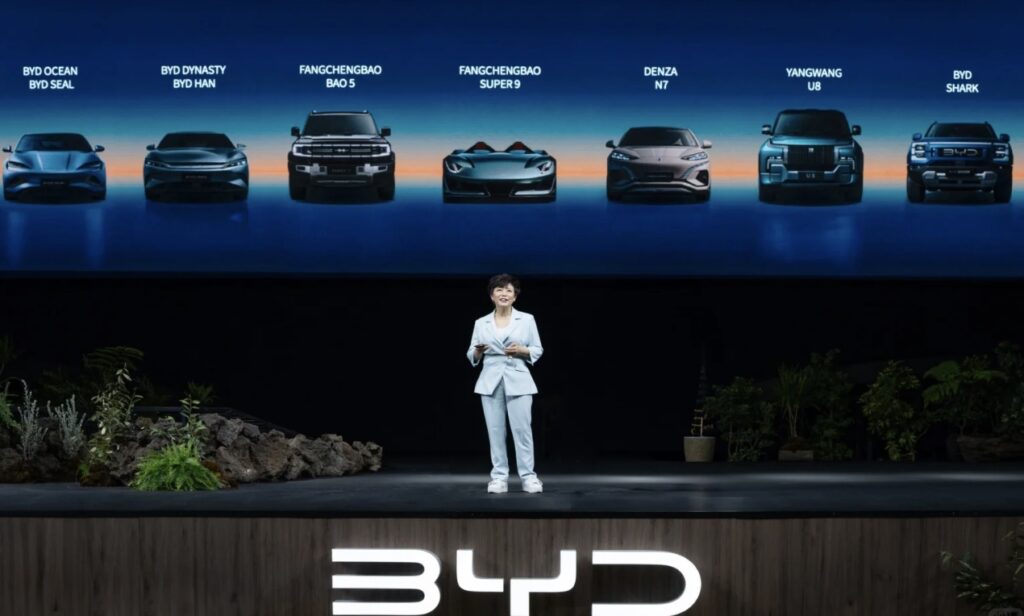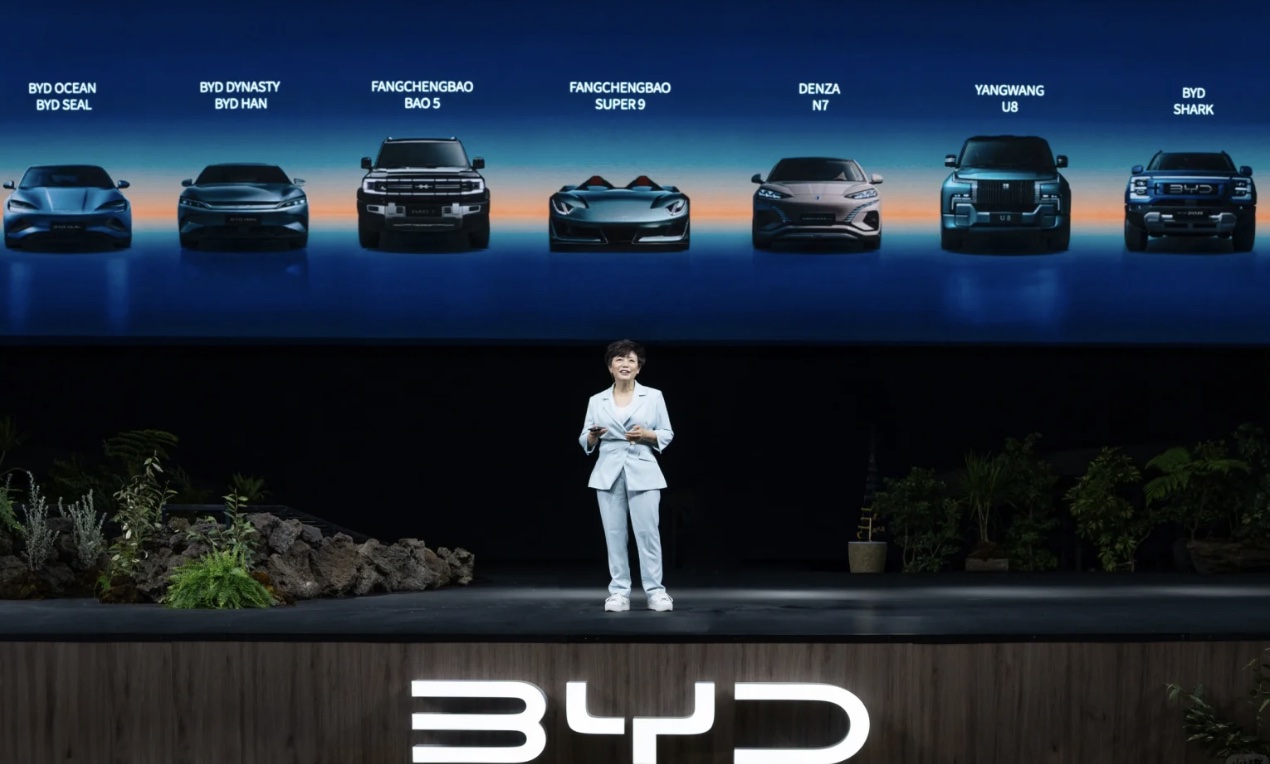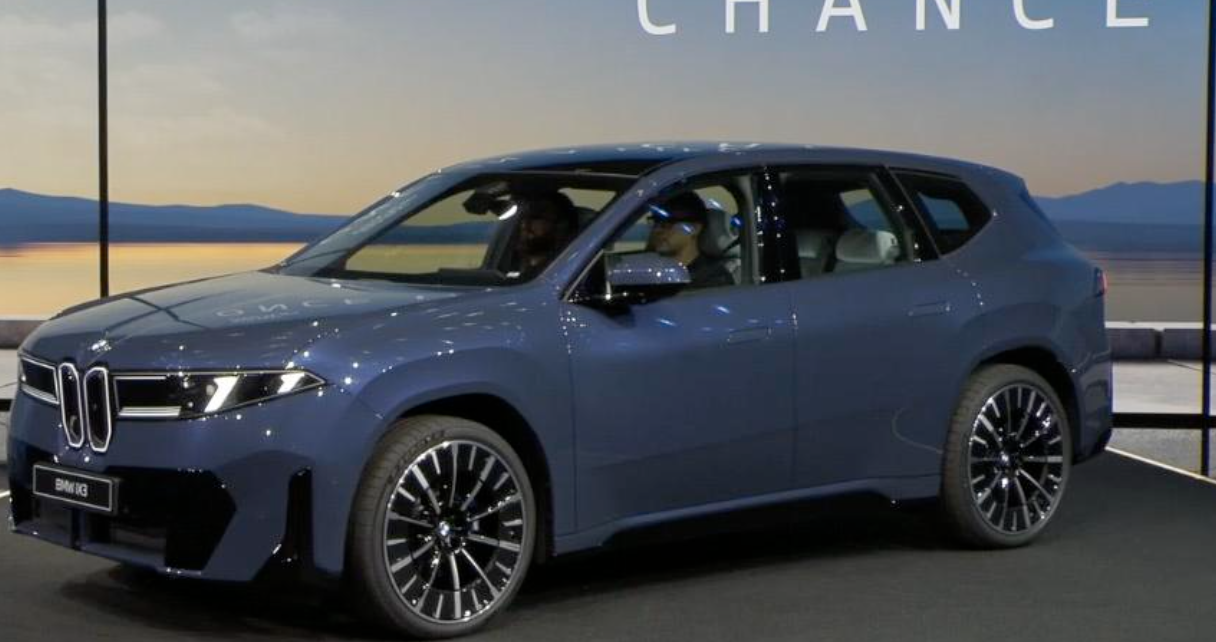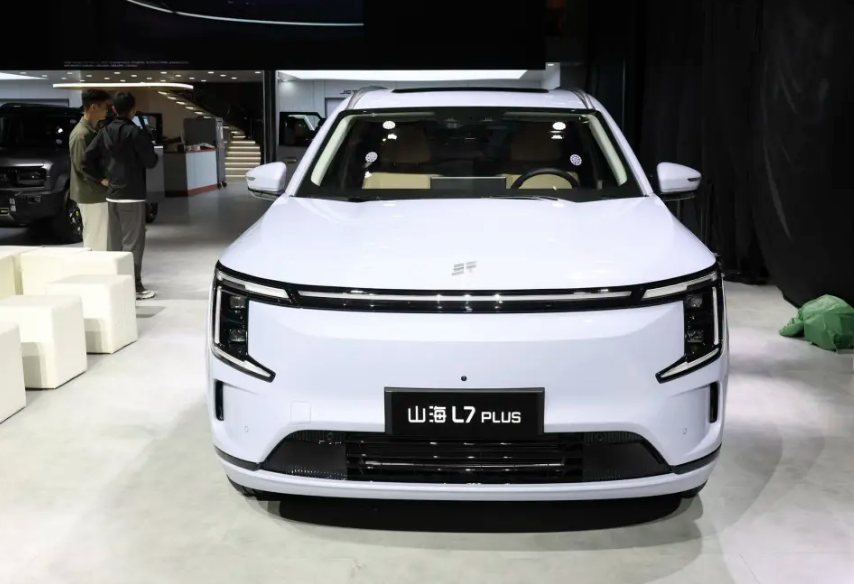According to data from the China Association of Automobile Manufacturers (CAAM), in the first half of 2025, China’s total auto sales reached 15.653 million units, up 11.4% year-on-year. Among these, new energy vehicle (NEV) sales hit 6.937 million units, a 40.3% increase, accounting for 44.3% of all new car sales. At the same time, Chinese automakers accelerated overseas expansion through technological innovation and localization strategies, injecting new momentum into the global automotive industry.

In H1 2025, China exported 3.083 million vehicles, up 10.4% YoY. NEV exports grew particularly fast, reaching 1.06 million units, up 75.2% YoY.
Top Export Destinations
According to Yiche statistics, the top three destinations for Chinese auto exports were:
Mexico – 234,500 units (+30.7%)
UAE – 214,300 units (+58.5%)
Russia – 171,000 units (–59.2%)
Mexico rose to the top spot mainly due to soaring demand for BYD models such as the Seagull and Song PLUS DM-i. The UAE’s rapid growth was driven by its role as a re-export hub for the Middle East, with Geely boosting shipments to Saudi Arabia and the UAE. Russia, however, saw the steepest decline. Analysts attribute this to higher auto loan interest rates and vehicle scrappage/import taxes in Russia, which raised consumer costs and dampened demand, combined with previously high inventory levels of Chinese vehicles there.
Other key destinations ranked 4th to 10th were Brazil, Belgium, the UK, Saudi Arabia, Australia, the Philippines, and Kazakhstan. Among them, Brazil fell 7.9%, while Kazakhstan surged 105%, the fastest growth among the top ten.
Export Rankings by Automaker
Chery Automobile: 544,900 units (+3.5%), ranked No. 1. Chery has long been strong in exports, building a broad sales and production network in Russia, the Middle East, and Latin America. It is also advancing localized overseas production to offset tariff barriers.
BYD: 443,100 units (+118.2%), ranked No. 2 and the fastest-growing exporter. Leveraging core strengths in batteries, motors, and controls, BYD launched popular overseas models and accelerated localized manufacturing and self-owned shipping capacity, mitigating tariff barriers in Europe and the U.S.
SAIC Passenger Vehicles: 242,600 units (–4.1%), ranked No. 3. Exports, mainly under the MG brand, faced pressure from supply chain disruptions and competition. Despite the dip, MG remains popular in Europe, Southeast Asia, and India.
Geely Auto: 182,000 units (+7.4%). Benefiting from global acquisitions and partnerships, Geely’s Volvo and Lynk & Co brands performed strongly in Europe. Lynk & Co especially appealed to young European buyers with premium positioning. Geely also expanded aggressively in Southeast Asia and the Middle East with localized production and marketing.
Great Wall Motors: 167,600 units (–5.5%).
Changan Auto: 146,900 units (–3.9%).
SAIC-GM-Wuling: 111,900 units (+20%).
Tesla China: 101,100 units (–31.9%). Analysts link the decline to fiercer NEV competition in China, policy shifts in overseas markets, and Elon Musk’s political controversies.
Yueda Kia (Jiangsu): 85,800 units (+20.6%). Despite weak domestic performance, exports became a growth driver.
Beijing Hyundai: 34,800 units (+248.4%), the fastest growth among all automakers in the ranking.
Market Dynamics
The rankings highlight that Chinese brands dominate exports, with only Tesla and Kia Yueda representing foreign ventures in the top ten. Chery and BYD lead significantly, with BYD showing explosive growth thanks to global expansion. In contrast, many joint ventures like Yueda Kia and Beijing Hyundai turned to exports due to pressure in the domestic market.
Globally, the automotive market remains fiercely competitive, with established international carmakers holding deep brand equity, advanced technology, and robust service networks. While Chinese automakers once lagged behind in brand recognition, technology, and quality, rapid R&D investment and product upgrades have sharply boosted competitiveness. Today, Chinese NEVs already lead globally in areas such as battery technology and smart driving, positioning them as serious contenders on the international stage.


